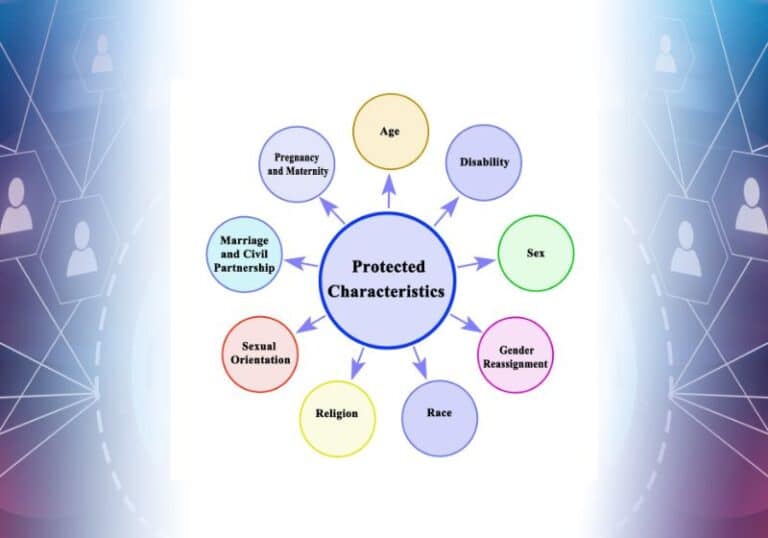An Easy Guide to Calculating Statutory Sick Pay

Calculating Statutory Sick Pay (SSP) can be a tedious, time consuming task, but something you must get right. SSP is paid to employees who are too unwell and unable to work for a period of 4 days or more. Most employees – including agency and casual workers in some circumstances are entitled to SSP if they’re away from work sick, so it’s a vital part of payroll.
At HR:4UK we have many years’ experience in helping employers calculate SSP, as well as advising on related issues such as what to do if an employee wants to take holiday while they’re off ill, with important changes to payroll legislation due in April, now could be the ideal time to outsource your payroll function to experts like HR:4UK, leaving you free to focus on running your business.
The current rate for SSP for employees who are eligible is £94.25 a week for up to 28 weeks (this is to increase to £95.85 a week on 6th April) and must, under UK law, be paid to your employees if they meet the following eligibility criteria:
- have an employment contract
- have done some work under their contract
- have been sick for four or more days in a row (including non-working days)
- earn an average of at least £118 per week
- have given you the correct notice
- have provided you with proof of their illness (only after seven days off work)
SSP is paid from the fourth ‘qualifying day’, i.e. the day when the employee would usually be at work. Where employees have been off sick for different amounts of time, you can combine these periods of sick leave, known as linked Periods of Incapacity for Work (PIW), if the gap between them is eight weeks or less.
If an employee has a continuous series of linked periods that goes on for more than three years, then they will no longer qualify for SSP.
Self-employed workers, and employees who have already been paid SSP for the maximum period of 28 weeks, aren’t eligible for the payments. You also don’t have to pay SSP to staff who are absent due to a pregnancy-related illness in the four weeks before the week (Sunday to Saturday) that their baby is due.
Additionally, SSP is not payable to employees who were in custody or on strike on the first day of sickness (including any linked periods), staff who were working outside the EU and for whom you’re not liable for National Insurance contributions, and employees receiving Employment and Support Allowance (ESA) within 12 weeks of starting or returning to work.
You can calculate exactly how much SSP you should be paying your employees by using the GOV.UK SSP Calculator
As you can see, there’s a lot to be aware of when paying SSP, especially in cases which aren’t straightforward.
Leaving SSP, and your other vitally important payroll responsibilities to outsourced HR professionals, saves you time and hassle. Outsourcing is also often much more cost-effective than having your own payroll staff.
Talk to us today. We can help you with all your payroll-related legal responsibilities.
Angela Clay
A qualified employment law solicitor and our managing director, Angela has unparalleled legal expertise and decades of experience and knowledge to draw from. She’s a passionate speaker and writer that loves to keep employers updated with upcoming changes to legislation, and is a regular guest speaker on BBC Leicester Radio.




